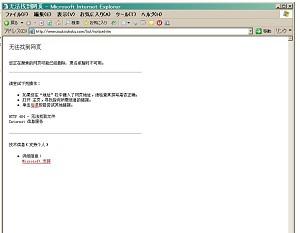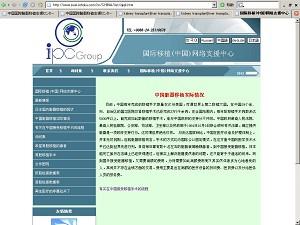On October 16, Chinese authorities announced that a Japanese man named Hiroyuki Nagase was arrested in China for illegal organ brokerage. According to Chinese Foreign Ministry spokesman Liu Jianchao, Nagase is an employee of IPC Information Service Co., a Japanese-funded enterprise in Shenyang City in northeastern China.
At a press conference, Liu said that Nagase’s company “has been found to have released information on the Internet under the name of China International Organ Transplant Support Center and has helped to arrange organ transplants for Japanese patients since 2004.”
Some consider the arrest as proof of the Chinese authorities’ determination to regulate the notorious organ trade black market in China. However, the website of the International Organ Transplant Support Center stated that the large amount of organ trade is made possible and continuously supported by no other than the Chinese Communist Party (CCP) itself.





